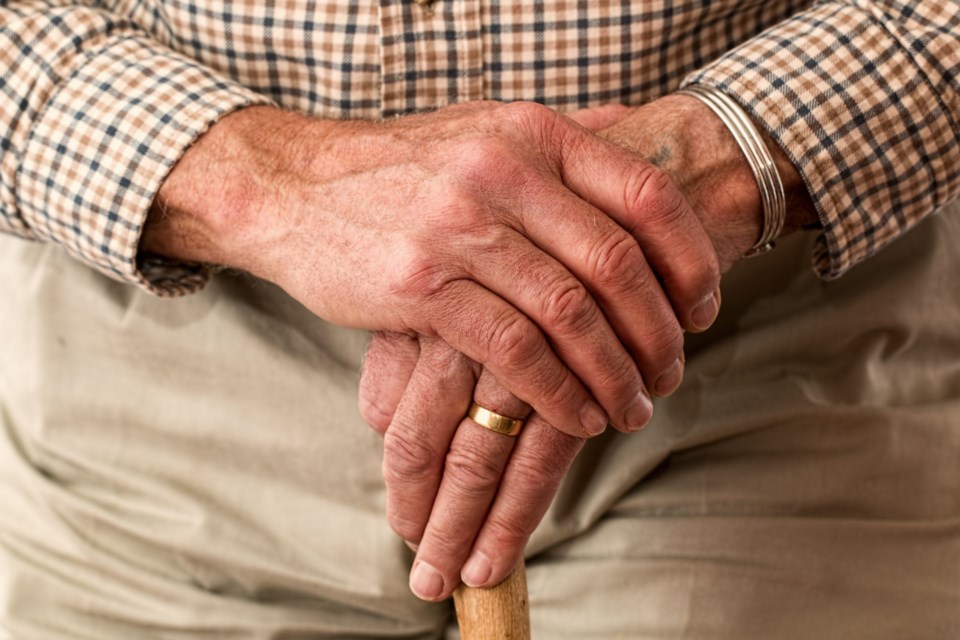It's not always obvious, but elder abuse is an increasingly pervasive issue that New Yorkers are being told to keep an eye out for it.
A new study by Cornell University and the University of Toronto shows more than 10% of New York seniors are subject to elder abuse, be it financial, emotional, physical or neglect - and the numbers are on the rise.
Over ten years, the study tracked 630 older adults who hadn't previously been victims of abuse, and found that abuse was becoming more widespread. In a 2009 survey of the same adults none experienced mistreatment in five categories: financial abuse, emotional abuse, physical abuse, neglect and sexual abuse.
But a decade later, 11.4% reported having become victims of elder mistreatment. Financial abuse was the most common type at 8.5%, followed by emotional abuse 4.1%, physical abuse 2.3% and neglect 1%. The study also found that Black older adults were at higher risk of financial abuse.
Costs rising for BK seniors
These statistics, although alarming, did not come as a surprise to Michael Velez, RiseBoro's Director of Case Management & Friendly Visiting Program.
Bushwick-based nonprofit Riseboro provides affordable housing and other services for seniors, and over the last decade the nonprofit has seen older adults become more vulnerable to abuse, especially financial, Velez said.
"Seniors in Brooklyn, and seniors everywhere, have been having a hard time paying for rent and medication with their social security. Social security is fixed, but rent and medication goes up," he said.
That had led to many seniors seeking to offset prices by moving in with family members. Sometimes, Velez said, that was for the best, with families providing a supportive network and reducing social isolation.
But in other situations, seniors could get taken advantage of by younger relatives. "The older adults often want to help and take care of younger family members, they see it as their responsibility culturally," he said. Unfortunately, he added, that could lead to them paying rent, bills and other expenses, and having money taken from them.
Identifying and reporting abuse
He said nonprofits and community based organizations like Riseboro put a lot of resources into uncovering cases of familial elder abuse, and a key to breaking the cycle was to make older adults feel comfortable about speaking up. Stigma, he said, was a big reason elder abuse was able to proliferate.
He said everyone in the community had the responsibility to report elder abuse if they saw it happening, and a key way to tackle it was to talk to seniors about what was happening at home.
"We have to make seniors feel comfortable enough to talk about what is happening and let them know its OK to share that they don't feel comfort at home," Velez said.
Also key was educating seniors, and people of all ages, about what senior abuse looked like, and then empowering seniors to make their own decisions to get out of a situation, or identify when something might not be true -- such as a phone scam.
He urged anyone who saw elder abuse in their community to report it to a nonprofit like Riseboro or to the local police precinct. "We have the power to come together to address this," he said.
Professor of Human Development at Cornell and Gerontology in Medicine at Weill Cornell Medicine, and senior author of the study, Karl Pillemer said the study contributed "to a growing base of evidence that elder mistreatment is a highly prevalent problem that demands a vigorous public health response."




